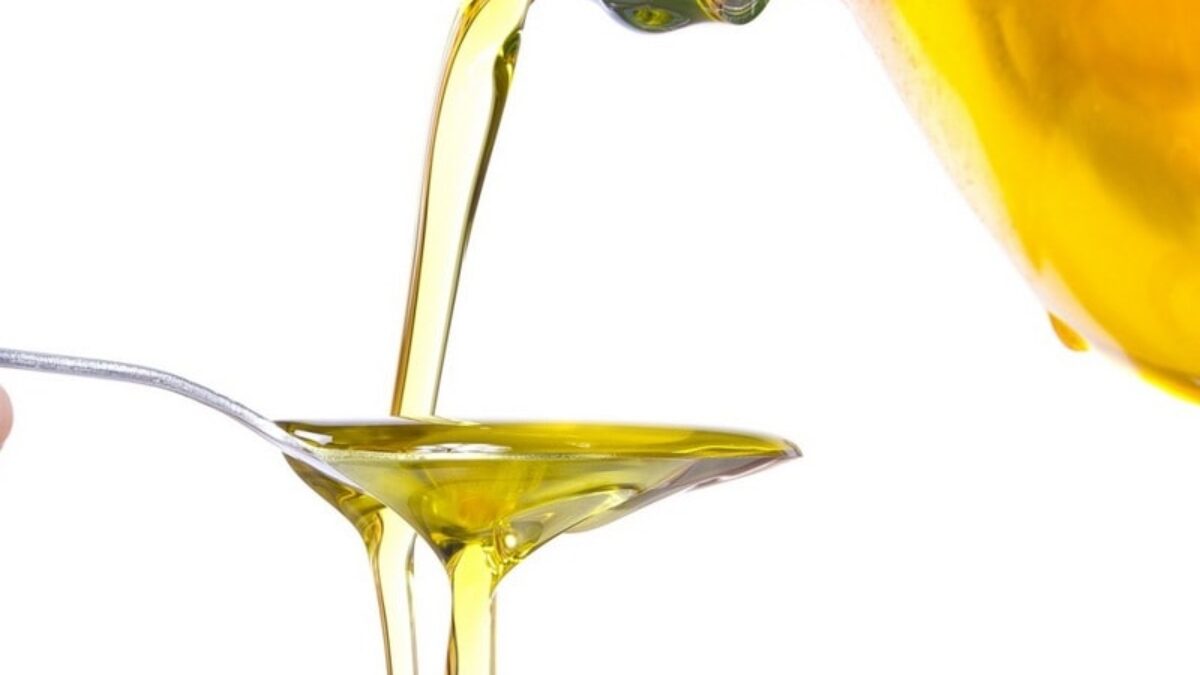India’s domestic vegetable oil production likely to grow by 10-15% – expert

Bhavna Shah, Deputy CEO, NK Proteins Pvt Ltd, gave an overview of the Indian vegetable oils market at a prestigious event organized by UOB Kay Hian in Malaysia on May 20, 2024. In her presentation, she highlighted key facts about the Indian vegetable oils industry. Please see below for the highlights of her presentation.
Domestic production of vegetable oils is projected to grow at a CAGR of 10-15% in 2024. The increase in production is expected due to higher prices, favorable monsoon season and high domestic yields, with rapeseed contributing significantly to this growth. Import duties on vegetable oils are expected to remain unchanged until the conclusion of the ongoing general elections.
Total oil imports in 2023-24 are estimated to be around 16.2 million tons as against 17 million tons in the previous year. Palm oil imports are expected to decline in 2024 (oilseed year) as it loses market share due to small price differential with soft oils. India’s palm oil imports are likely to decline from 10.1 million metric tons in 2023 to 8.65 million metric tons in 2024. As for soft oils, soybean oil imports are likely to increase from 3.87 million metric tons in 2023 to 4.2 million metric tons in 2024, while sunflower oil imports are also likely to increase from 3 million metric tons in 2023 to 3.25 million metric tons in 2024. While imports of other oils are likely to remain unchanged at 0.1 million tons in 2024.
Governments around the world are urging businesses to divest from fossil fuels. Biofuels are expected to play a crucial role in meeting COP 28 targets. India has also committed to reduce emissions by 45% by 2030 and achieve zero emissions by 2070. Accelerating the adoption of biofuels is essential to meet these emission targets and replacing coal with biomass is a quick fix. As the third largest producer of ethanol, India is well positioned for rapid growth.
However, limited availability and rising feedstock costs are significant barriers to biofuel production. Sources face obstacles such as inaccessibility, proper cultivation, regulation, high polyunsaturated fatty acid content and low unsaturated fatty acid content, but technological advancements can help overcome these challenges. The use of waste vegetable oil (UCO) as the main feedstock can remove some of the limitations. In addition, efficient utilization of biodiesel by-products can help reduce the price of biodiesel, making it more economically viable.
Write to us
Our manager will contact you soon



